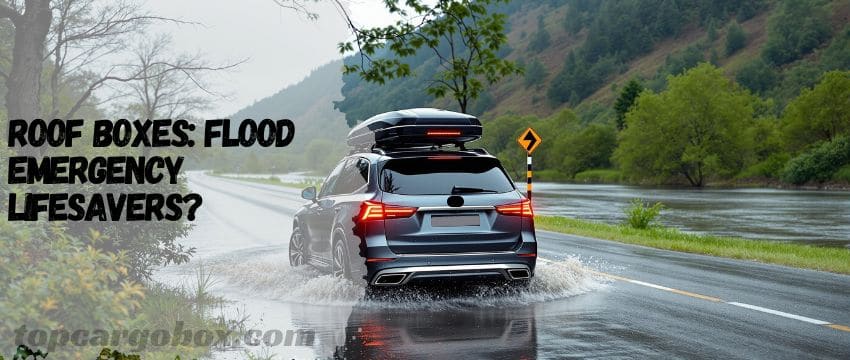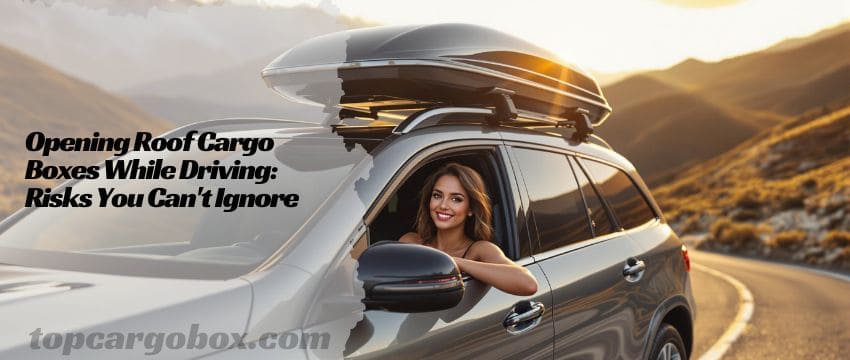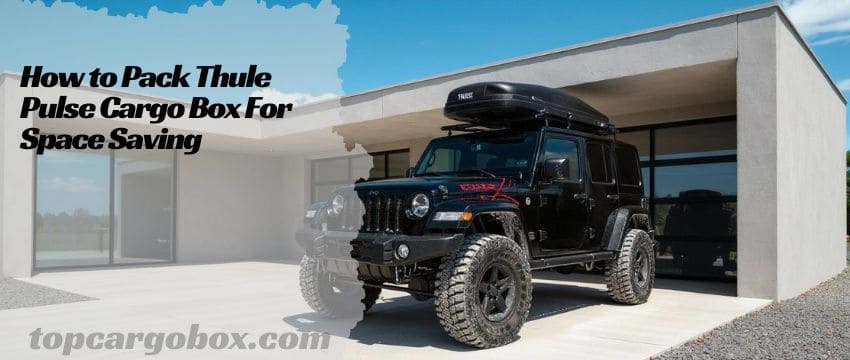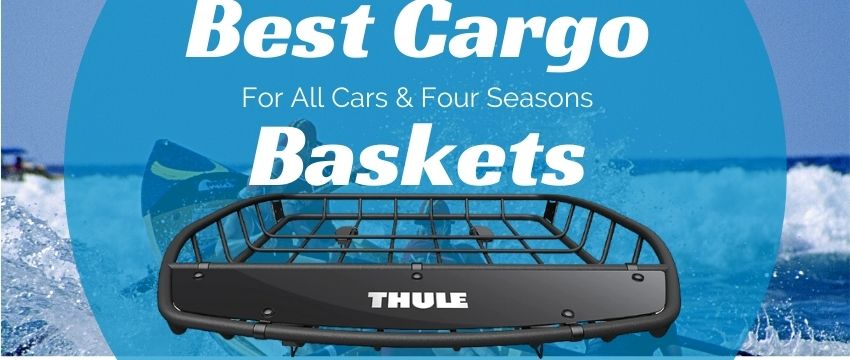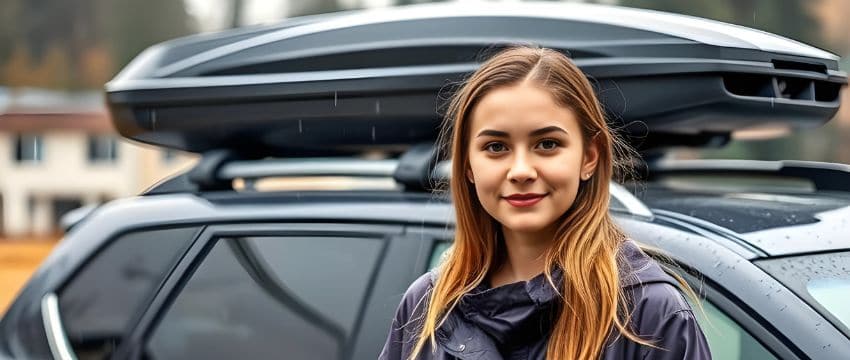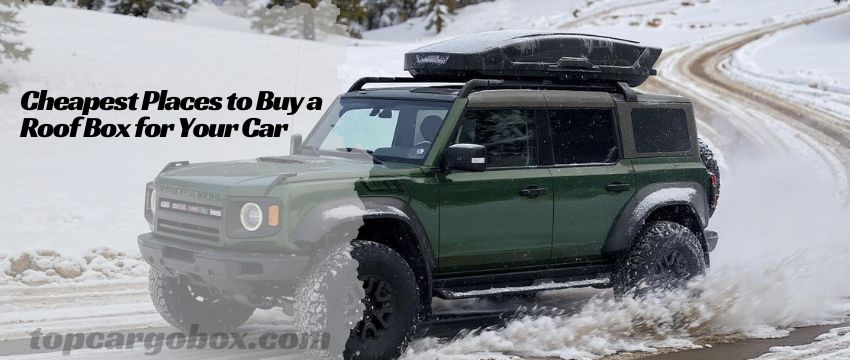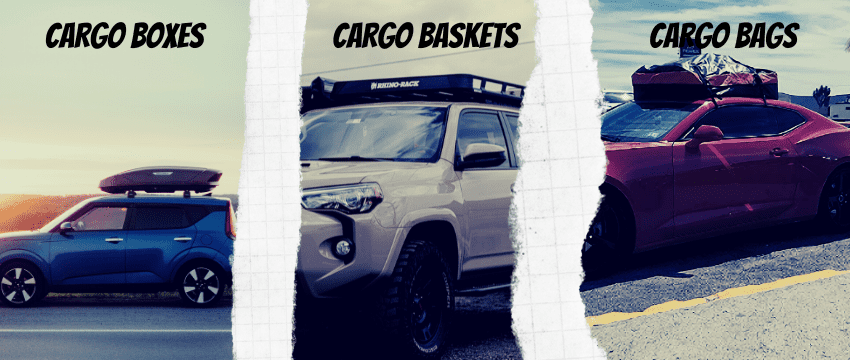What’s up, prepared pals? Imagine floodwaters rising, and you’re scrambling to save photo albums, meds, and your kid’s favorite stuffed animal—all while knee-deep in muddy water. Now picture grabbing a roof box, tossing essentials inside, and securing it above the chaos. Could this car accessory be your disaster MVP? Let’s dive in before the next storm hits.
Why Roof Boxes Beat Basements in Floods
How’s it going, flood-weary friend? Basements get swamped, garages get soggy, but roof boxes? They’re elevated, lockable, and mobile. In 2022, floods displaced 500,000 Americans—many lost critical docs and heirlooms. A roof box adds 18+ cubic feet of elevated storage. For real? Yep. Just don’t forget the keys.
Prepping Your Box for Disaster Mode
Waterproofing Like Your Life Depends On It
Most “waterproof” boxes leak under 6+ inches of water. Upgrade seals with 3M Marine Adhesive ($10) and add silicone grease to latches. Test it by submerging a corner for 10 minutes. Dry inside? You good.
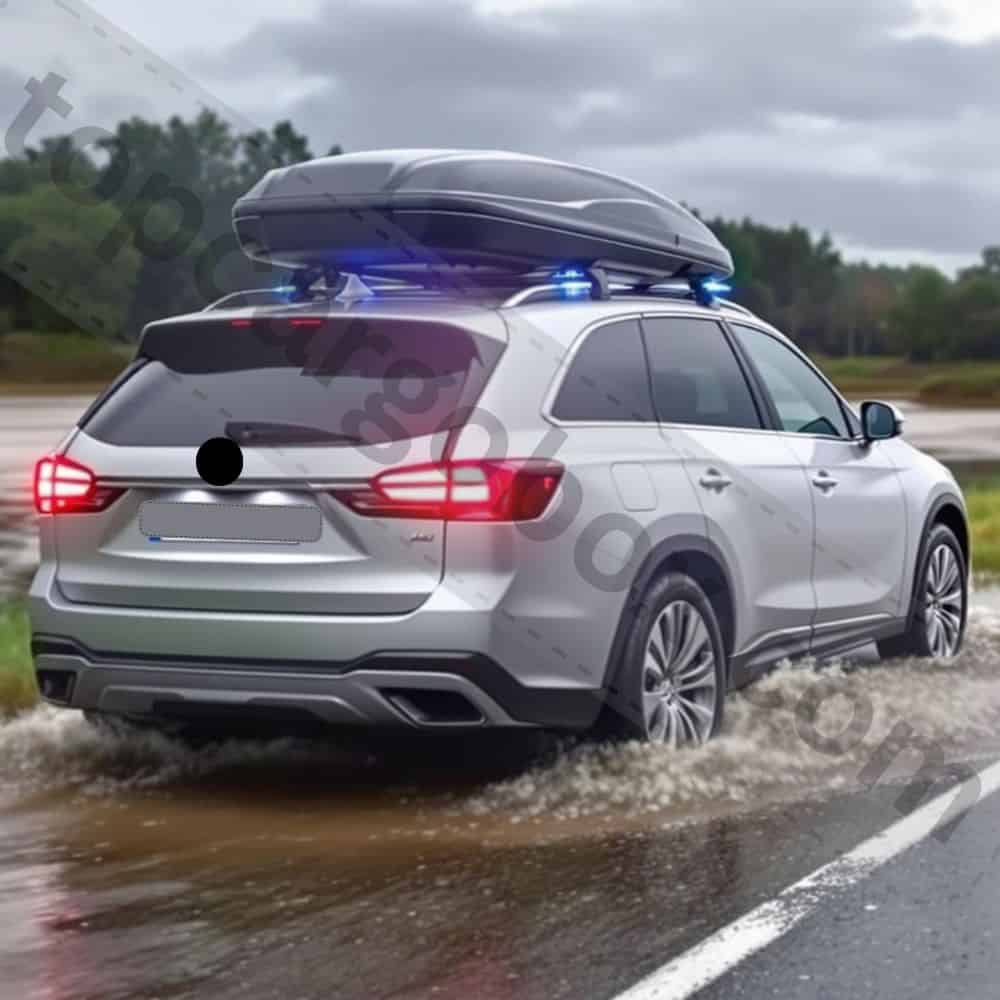
Essentials-Only Rule
Pack birth certs, meds, USB drives, and a solar charger. Skip bulky items—you’ve got minutes, not hours. Use vacuum bags to squeeze in clothes. No big deal.
Anchor It or Lose It
Tie the box to your roof rack with ratchet straps ($15). Floodwaters exert 500+ lbs of force—straps keep it from becoming a boat.
Flood Scenarios: Will It Float?
Urban Flooding (1-3 ft water)
Your sedan’s roof sits 4-5 ft high. At 3 ft water, the box stays dry. But if waves hit, it’s a battering ram. Park on high ground and face upstream. Dude, yes!
Rural Flash Floods (4+ ft)
Trucks and SUVs fare better—their roofs reach 6+ ft. Still, fast-moving water can flip vehicles. Are you kidding me? Use GPS to find evacuation routes early.
Post-Flood Recovery: Salvage 101
Cleaning the Grimy Aftermath
Mix 1 cup bleach with 1 gallon water to disinfect the box. Scrub mold with a stiff brush. Replace foam seals—they’re bacteria hotels. That sucks, but better than cholera.
Drying Electronics
Bury wet phones or tablets in uncooked rice inside the roof box. The sealed environment speeds drying. Old school, but works.
Legal & Insurance Surprises
“Acts of God” Loopholes
Most insurance doesn’t cover flood-damaged roof boxes unless specified. Add a rider for $5/month. Same here—I’d rather not argue with adjusters.
Looting Risks
1 in 10 disaster zones report thefts. Use ABUS Granit locks ($60) and park near cops or cameras.
Real Stories: Roof Boxes That Saved the Day
Houston Family’s Heirloom Rescue
During Hurricane Harvey, the Garcias stored photos, deeds, and insulin in a Thule Motion XT. Floodwaters hit 4 ft, but their box stayed dry. That’s lit!
California Wildfire Evac
The Ngs fit passports, hard drives, and cat carriers into a Yakima SkyBox when flames neared. They credit the box’s heat resistance for saving their cat’s favorite toy.
DIY Mods for Maximum Survival
Floating Raft Hack
Strap pool noodles under the box with zip ties. If water lifts your car, the box becomes a buoyant pod. It’s a long shot, but better than nada.
Solar-Powered Ventilation
Drill holes for 12V fans ($20) powered by a solar panel. Prevents condensation and mold during storage. Who knew?
When Roof Boxes Aren’t Enough
High-Risk Zones
If you’re in a 500-year floodplain, invest in waterproof safes and roof storage. Redundancy saves lives.
No Time to Pack
Keep a go-box prepped year-round. Rotate meds and snacks every 3 months. Practice a 5-minute drill.
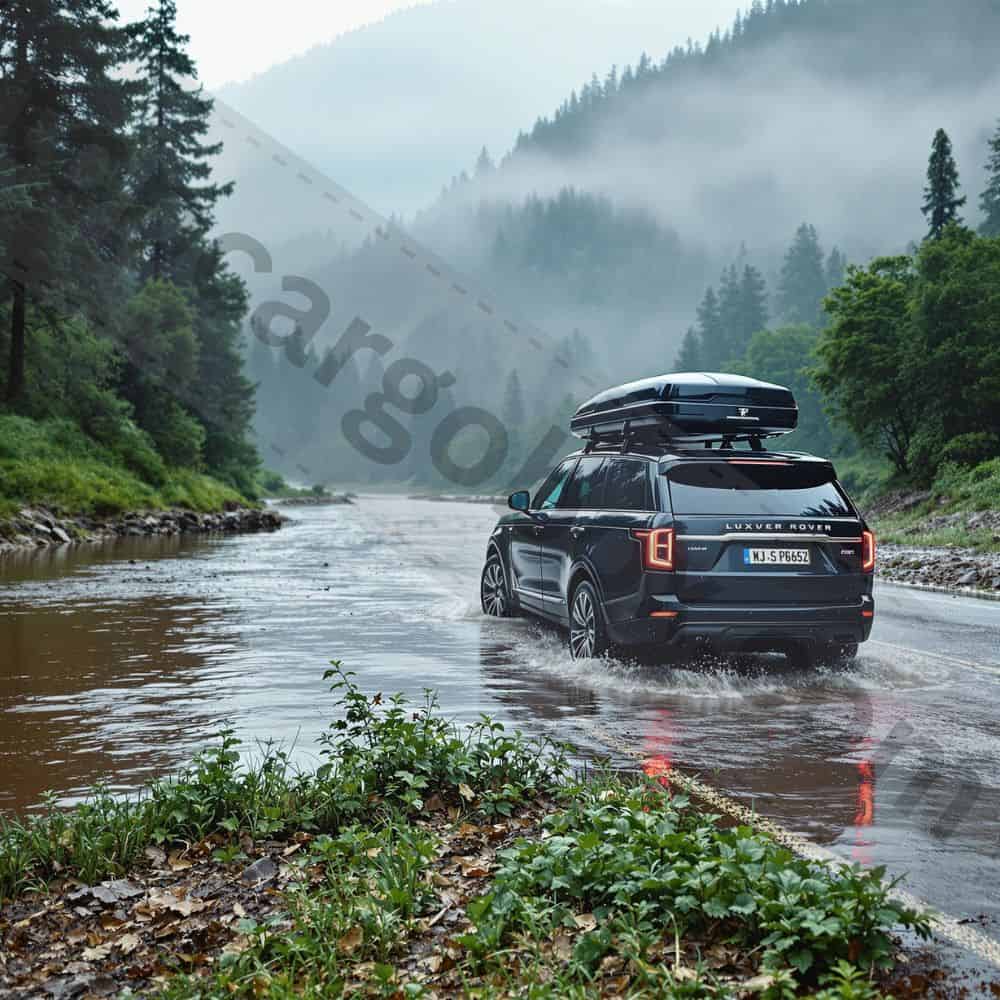
Emergency Roof Box Specs
Feature | Details |
|---|---|
Waterproof Depth | Up to 3 ft (with mods) |
Essential Capacity | Docs, meds, devices for 4 people |
Lock Security | ABUS Granit or Kryptonite locks |
Survival Extras | Solar charger, water tablets, NOAA radio |
Cost to Prep | $100-$500 (box + mods) |
Wrap-Up: Don’t Wait for the Siren
Catch you later, unprepared peeps! A roof box won’t stop floods, but it might save your sanity—and your birth certificate. Now go strap that lifesaver to your ride.
FAQs
What to consider when buying a roof box?
Prioritize waterproof ratings (IPX6+), weight capacity (150+ lbs), and lock quality. Measure your roof rack’s width—boxes shouldn’t overhang. Check if your car’s roof can handle the load (sedans: 100 lbs, SUVs: 165 lbs). Aerodynamic shapes save gas.
How do I know which roof box fits my car?
Check the manufacturer’s fit guide online. Match crossbar spread (usually 24-36 inches) and weight limits. Test drive with an empty box—if mirrors vibrate, reposition it. SUVs need wider boxes; sedans need lower profiles.
How much MPG do you lose with a roof box?
Boxy models drain 25% MPG; sleek ones lose 10-15%. At 65 mph, that’s 2-4 MPG gone. Remove it when not needed, or drive 55 mph to curb losses.
What is the best brand of roof boxes?
Thule for stormproofing, Yakima for durability, and Pelican for extreme conditions. Budget picks: RoofPax Keeper. For floods, Thule’s Motion XT or Yakima’s SkyBox Carbonite rule.
Is it worth getting a Thule roof box?
If you face floods or frequent trips—yes. Thule’s dual seals and aluminum edges handle abuse. At $900+, it’s pricey, but lasts _10+ years. For casual use, cheaper brands work.
Our team is creating outdoor-gear relevant articles with passion. If our articles can help you to find the correct solutions for your questions, we will be happy about that. In the content creation process, we usually collect accurate and useful information online or offline to compile our content in an organized way. Consequently, we can guarantee that you can discover some expected answers to your questions. We appreciate your time on our site.

